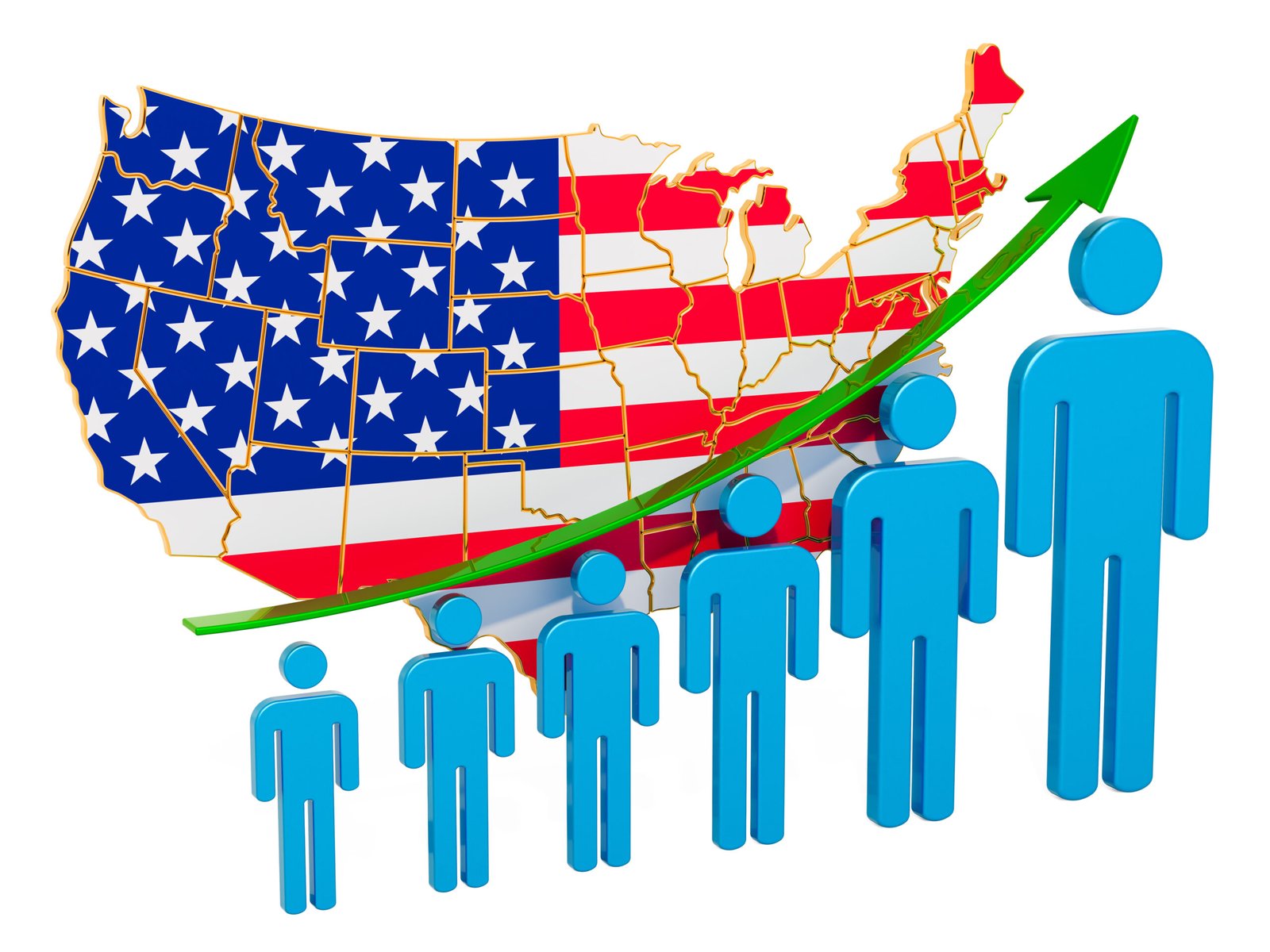
Mortgage Refinancing in Raleigh: 3 Big Factors That Could Derail Your Plans
Why Refinancing Your Mortgage Isn’t Always a Sure Thing
Refinancing your home mortgage in Raleigh, North Carolina can be a fantastic way to lower monthly payments, lock in a better interest rate, or access your home’s equity. With rates fluctuating and many homeowners looking to save, it’s tempting to jump at the opportunity.
But here’s the reality:
Refinancing isn’t always guaranteed. Several critical factors can derail your plans, and understanding these risks can help you avoid costly surprises.
At Certified Home Loans, we’re committed to helping Raleigh homeowners make smarter mortgage decisions. Below, we break down three major factors that could prevent you from refinancing—and how to prepare for them.
1. Your Home Value Drops
One of the biggest barriers to successful refinancing is a decline in your home’s value. To refinance, your home typically must be worth more than what you owe on your current mortgage. This is essential for lenders because:
-
It secures their investment.
-
It ensures you have enough equity to qualify for a new loan.
However, if the real estate market softens and your home’s value drops below your outstanding mortgage balance, you may find yourself “underwater”—owing more than your home is worth. This makes refinancing extremely difficult, if not impossible.
🏠 Quick Fact: According to Freddie Mac, most lenders prefer borrowers to have at least 20% equity when refinancing.
How to Protect Yourself
-
Monitor local market trends. Stay informed about Raleigh’s housing market by following updates from local sources like Triangle MLS.
-
Consider a home appraisal. Before applying to refinance, a professional appraisal or broker price opinion can help you gauge your current home value.
-
Act in a strong market. If Raleigh’s real estate is booming, it’s a prime time to refinance.
Learn more about how Certified Home Loans helps you navigate refinancing challenges ➔
2. Changes in Your Financial Situation
When you refinance, it’s like applying for a mortgage all over again. Lenders reevaluate your:
-
Credit score
-
Income level
-
Debt-to-income (DTI) ratio
-
Employment status
If your financial situation has weakened since you first bought your home—such as a job loss, reduced income, higher debt, or a lower credit score—you might not qualify for refinancing, or you may get a much less favorable rate.
🔎 Did You Know? Most lenders in Raleigh prefer a minimum credit score of 620 for conventional refinancing, but higher scores can unlock better rates.
How to Prepare Your Finances
-
Check your credit report before refinancing.
-
Pay down debt to lower your DTI ratio.
-
Stabilize your income with steady employment if possible.
-
Fix errors on your credit report that could drag down your score. You can get a free report annually at AnnualCreditReport.com.
If you discover any red flags in your finances, it may be smart to work on improving them before applying.
3. Interest Rates Don’t Drop
One of the top motivations for refinancing is the hope of locking in a lower interest rate. However, banking on future rate cuts can be risky.
Interest rates are influenced by factors like:
-
Federal Reserve policy
-
Inflation rates
-
Economic growth
And despite expert predictions, rates can remain high or even increase unexpectedly.
If you’re planning to refinance only because you “hope” rates will fall, it’s crucial to rethink your strategy.
How to Approach Refinancing Wisely
-
Be comfortable with your current mortgage. If today’s rate is manageable, you won’t be financially stressed if rates don’t improve.
-
Stay updated. Follow reliable sources like Bankrate for current mortgage rate trends.
-
Work with trusted Raleigh mortgage lenders who can provide realistic projections—not just wishful thinking.
At Certified Home Loans, we help Raleigh homeowners understand whether refinancing now makes sense or if waiting could benefit them more.
Final Thought: Make a Smart Plan for Mortgage Refinancing in Raleigh
Buying a home during high-interest-rate periods and planning to refinance later can be a smart move—but only if you can comfortably afford your current payment.
Since refinancing isn’t always guaranteed, it’s essential to:
-
Monitor your home value
-
Maintain strong financial health
-
Have realistic expectations about rate changes
Bottom line:
Don’t leave your refinancing strategy up to chance. Take a proactive approach and work with a knowledgeable team.
Need Personalized Advice? We’re Here to Help!
At Certified Home Loans, we guide Raleigh homeowners through every step of the refinancing process. From assessing your home’s equity to preparing your finances, our experts are ready to help you make confident, informed decisions.
📞 Call us today at 919-510-1108 or contact us online to get started!





